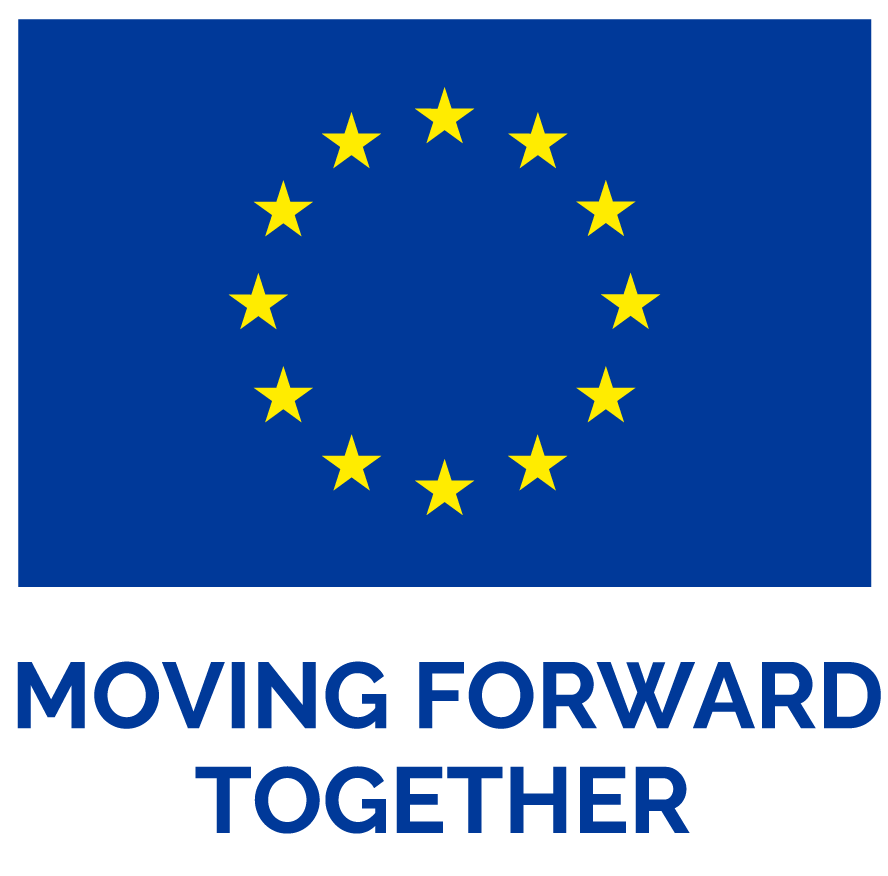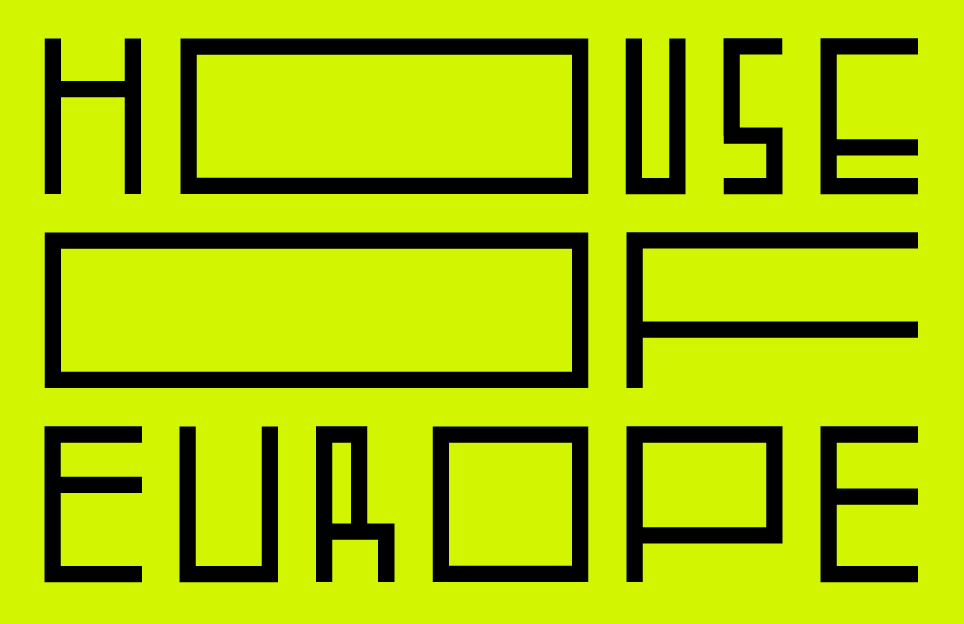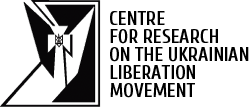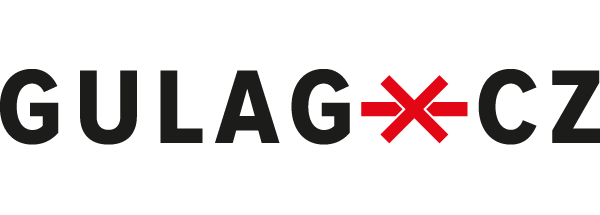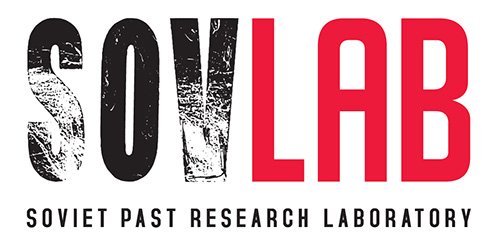
Václav
Havel
playwright and writer, President
1936
|
2011
Czech playwright and writer, and a premier representative of the political opposition in the 1970s and 1980s when he was repeatedly imprisoned. The last President of Czechoslovakia from 1989 to 1992 and the first President of the Czech Republic from 1993 to 2003.
Václav Havel was publicly active from the latter half of the 1960s on; he was involved in independent activities in 1968 and 1969, and in 1969 he co-wrote and signed the Ten Points declaration that criticised the occupation of Czechoslovakia by Warsaw Pact armies and the onset of “normalisation”, for which he was prosecuted by StB.---gallery::61 62 63(nocap)::black
Fotografie ze sledování. ==Photo: Archiv bezpečnostních složek
V dubnu 1987 navštívil Československo kanadský politolog Harold Gordon Skilling. V průběhu své návštěvy se Skilling setkal v Praze s československými disidenty včetně Václava Havla. ==Photo: Archiv bezpečnostních složek
Havel was constantly persecuted by the communist regime in the 1970s and 1980s. He was prohibited from publishing officially and his works could only be released in samizdat. Václav Havel wrote an open letter to the then General Secretary of the communist party’s central committee and the President of Czechoslovakia, Gustáv Husák in 1975, criticising the period political, social and economic situation. In 1976 he organised protests in support of the persecuted underground musicians from the band The Plastic People of the Universe. He was one of the authors and first signatories of the Declaration of Charter 77 and one of the first three Charter 77 spokespeople.
The local police department in Prague 6 characterised him as follows in March 1977: “He comes from a bourgeoisie family and his father owned property worth millions. His family never had a positive relationship with the socialist establishment after 1948. His reputation is not good among his fellow citizens, in particular due to his political views aimed against the socialist establishment.”
The Conference on Security and Co-operation in Europe was held in Helsinki in 1975, resulting in the publication of the Helsinki Accords; further to them, even socialist countries in Eastern Europe undertook to observe human rights. This way, the dissident movements in the USSR and other Eastern European countries received a common denominator. Human rights movements and groups arose in the Eastern Bloc countries: the Moscow Helsinki Group, the Ukrainian Helsinki Group, the Georgian Helsinki Group, etc. In Czechoslovakia, Václav Havel and other Charter 77 signatories founded the Committee for the Defence of the Unjustly Persecuted (“VONS”) in 1978, which monitored and publicised the cases of people who the communist regime persecuted at odds with its own period laws.
During the same period, Havel wrote the core text of the dissident movement, and not just in Czechoslovakia. His essay titled The Power of the Powerless mapped the workings of a (post)totalitarian state and discussed the issue of an individual’s existence and importance as part of a totalitarian system. He was held under house arrest for six months from August 1978.


He was sentenced in the autumn of 1979 along with other VONS representatives and imprisoned between 1979 and 1983. He was released from prison on the grounds of severely deteriorating health and also due to the pressure of international celebrities. While in prison, Václav Havel wrote letters to his wife Olga, later published as Letters to Olga.



Havel was arrested during the demonstrations of the Jan Palach Week in January 1989 and sentenced to imprisonment; when released in May 1989, he co-authored the Several Sentences petition.


He became the leader of the Civic Forum in November and December 1989 and had a lion’s share in overturning the communist regime and restoring democracy in Czechoslovakia.
With his idealist slogan, “Truth and love will overcome lies and hatred”, Václav Havel was the last President of Czechoslovakia and still carried on his human rights activities during his presidency. As the President, he pointed out the systematic violation of human rights in Russia and Belarus and called for solidarity with oppressed nations and people, since he was convinced that “indifference to others and indifference to the fate of the whole is exactly what opens the door to evil”. Václav Havel is today considered to be one of the most important figures of the human rights movement in the 20th century.
У 2016 році у Києві назвали бульвар на честь Вацлава Гавела.
